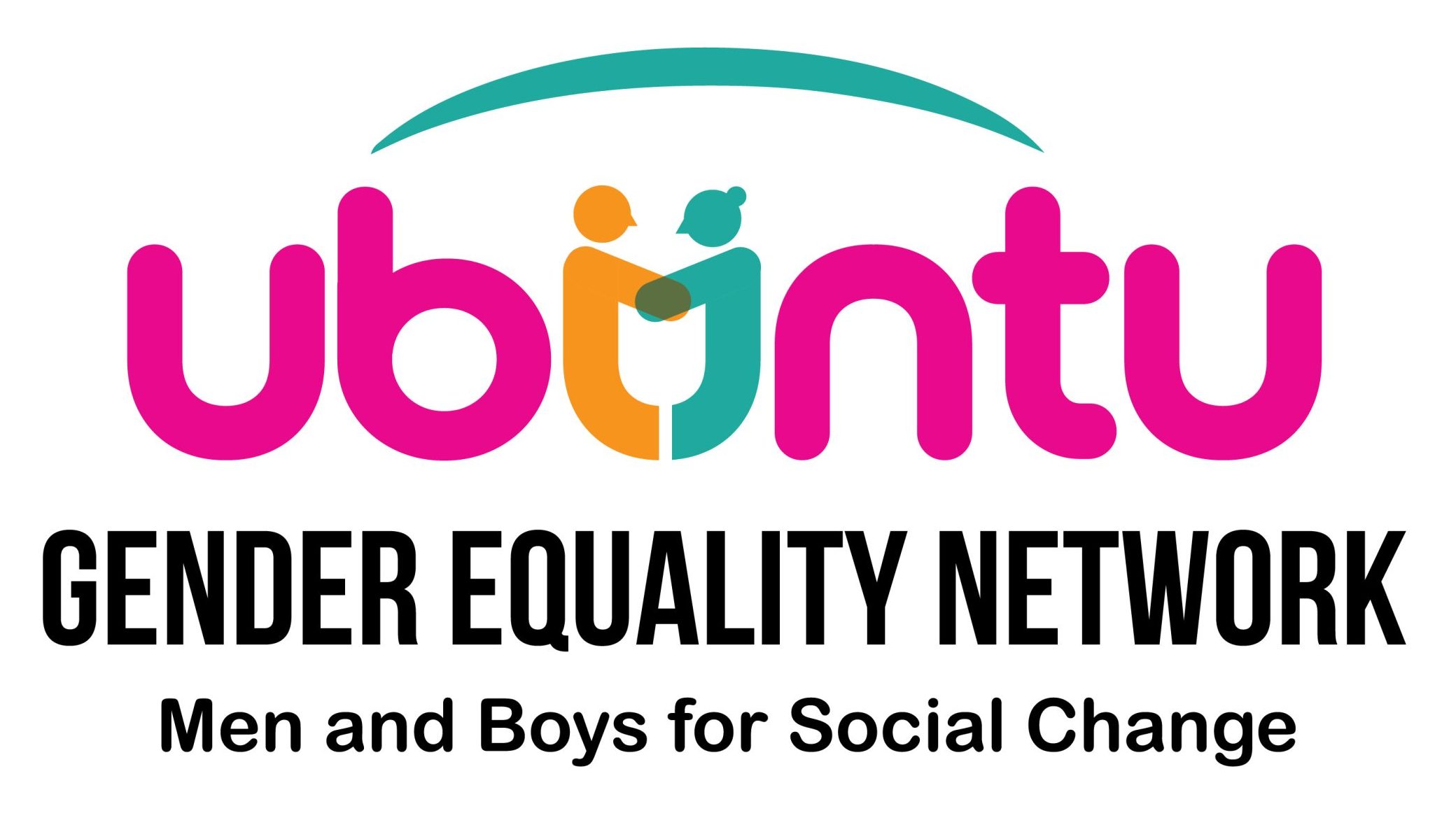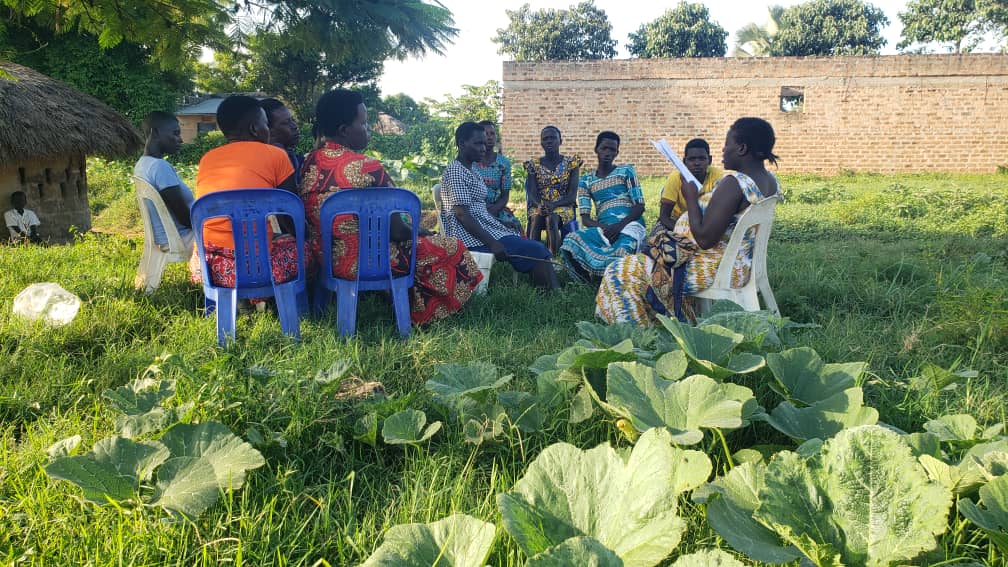Introduction: In the fight against HIV/AIDS, it’s crucial to address not only the medical aspects but also the social, cultural, and behavioral factors that contribute to its spread. In Uganda, like many other countries, traditional notions of masculinity have played a significant role in shaping attitudes and behaviors related to HIV. However, as we progress into the 21st century, there is a growing recognition of the need to redefine masculinity to create healthier, more equitable societies and to strengthen the HIV response.
Key Objectives:
- Challenging Gender Norms: This initiative seeks to challenge harmful gender norms and stereotypes that perpetuate risky behaviors among men, including multiple sexual partners, reluctance to seek healthcare, and stigma towards HIV testing and treatment.
- Promoting Gender Equity: By promoting a more inclusive and equitable understanding of masculinity, the initiative aims to empower men to take an active role in HIV prevention, care, and support, while also promoting the rights and agency of women and marginalized genders.
- Improving Access to Services: Redefining masculinity involves creating environments where men feel comfortable accessing HIV testing, treatment, and support services without fear of judgment or stigma, thereby increasing overall HIV testing rates and treatment adherence.
- Addressing Intersectionality: Recognizing that masculinity intersects with other social identities such as race, class, sexual orientation, and disability, the initiative aims to address the unique challenges faced by diverse communities in the HIV response.
Program Components:
- Community Dialogues: Facilitated discussions will provide safe spaces for men, women, and non-binary individuals to explore and challenge traditional gender norms, sharing personal experiences and perspectives.
- Training and Capacity Building: Workshops and training sessions will equip healthcare providers, community leaders, and HIV educators with the knowledge and skills necessary to engage men in HIV prevention, testing, and treatment programs.
- Media Campaigns: Creative and culturally relevant media campaigns will challenge stereotypes of masculinity while promoting positive role models and behaviors, reaching a wide audience through radio, television, social media, and community events.
- Peer Support Groups: Peer support groups will provide men living with HIV a platform to share experiences, receive emotional support, and learn coping strategies, reducing feelings of isolation and improving overall well-being.
- Policy Advocacy: Advocacy efforts will work to integrate gender-transformative approaches into national HIV policies and programs, ensuring that masculinity redefinition is institutionalized and sustainable.
Expected Outcomes:
- Increased awareness and acceptance of diverse expressions of masculinity.
- Improved attitudes towards HIV testing, treatment, and care among men.
- Reduction in risky behaviors associated with traditional notions of masculinity.
- Strengthened partnerships between government, civil society, and community-based organizations in the HIV response.
- Enhanced well-being and quality of life for men living with HIV and their families.
Conclusion: Redefining masculinity is not only critical for the HIV response but also for building more inclusive, equitable, and resilient communities. By challenging harmful gender norms and promoting healthier forms of masculinity, Uganda can make significant strides towards ending the HIV epidemic and creating a brighter future for all its citizens.


